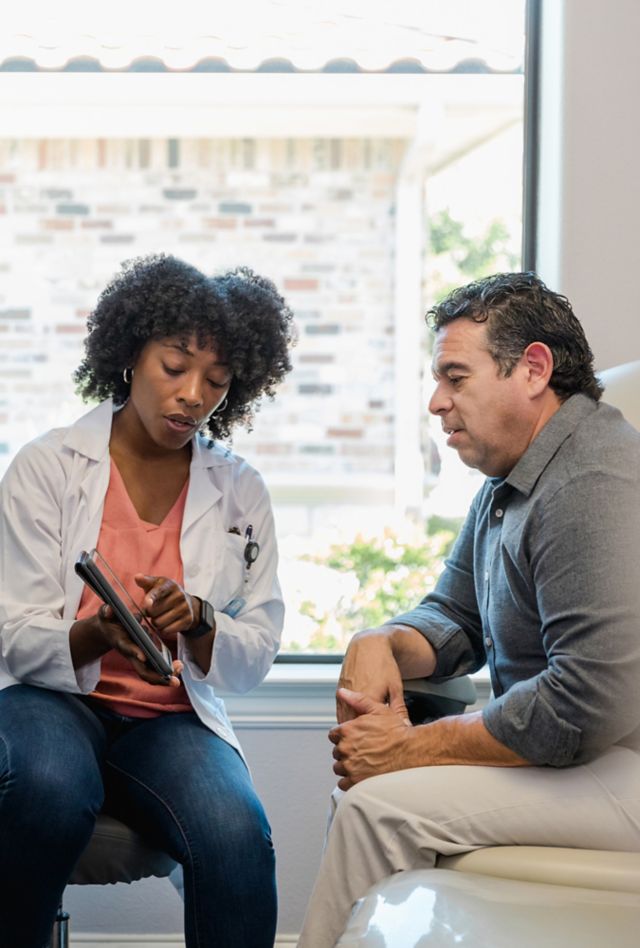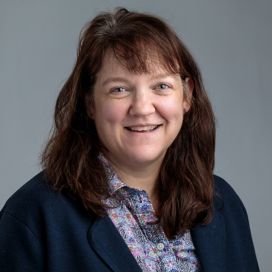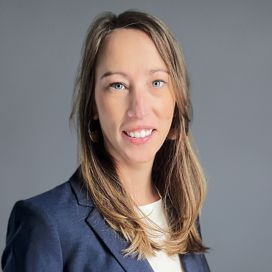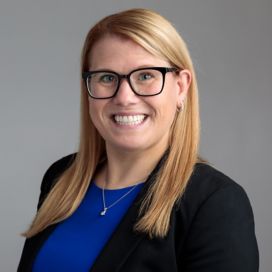Increasing Substance Use Provider Capacity (Illinois SUPPORT)

Problem
Despite the ongoing opioid crisis across the United States, access to health care services and the provision of treatment for opioid use disorder remain a challenge.
Overdose-related fatalities, primarily driven by fentanyl, continue to increase across the United States and remain the leading cause of death for people under the age of 50. In 2022, 108,000 people died from a drug overdose. Nearly 70 percent of these deaths involved an opioid.
A significant treatment gap exists for opioid use disorder (OUD), with many people who need help not receiving it. This gap is primarily due to three factors: limited accessibility, high costs, and social stigma. To effectively address the ongoing opioid crisis, it's critical to:
- Accurately estimate the number of individuals with OUD
- Identify the specific challenges these individuals face in accessing treatment
- Understand the barriers that hinder health care providers from offering OUD treatment
Solution
NORC conducted a mixed-methods assessment of the prevalence of OUD among Illinois Medicaid managed care members to understand the barriers to accessing and providing care.
NORC, in partnership with the University of Illinois Chicago, conducted a mixed-methods study to examine opioid use disorder (OUD) among Illinois Medicaid managed care members. Our study aimed to:
- Determine the prevalence of OUD among Illinois Medicaid managed care members
- Understand the barriers patients face in accessing health services and medication-assisted treatment (MAT) for OUD
- Explore providers' experiences in delivering MAT to individuals with OUD
Our data collection efforts included:
- A multimodal web and phone-based survey of Illinois Medicaid managed care members to assess:
- Prevalence of alcohol and other substance use
- Prevalence of prescription opioid misuse and opioid use disorder
- Presence of serious mental illness
- Barriers to accessing health care and substance use treatment
- A web-based survey of Illinois providers to examine:
- Prescribing practices
- Barriers to prescribing MAT
- Recommendations to reduce or remove prescribing barriers
- Training and technical assistance needs
- Key informant interviews with Illinois providers to explore:
- Barriers to offering MAT
- Recommendations to address those barriers
- Technical assistance to estimate the prevalence of Illinois Medicaid members who received OUD treatment
Result
We uncovered insights on the prevalence of opioid misuse and OUD among Illinois Medicaid managed care members and the barriers to both patients and providers in treating OUD.
Our study revealed several barriers to accessing, providing, and improving OUD treatment access and delivery:
- Patient-reported barriers (Illinois Medicaid managed care members):
- Insufficient behavioral health treatment referral sources for patients prescribed MAT
- Lack of OUD and MAT training in medical schools and continuing education
- Provider-suggested improvements:
- Additional case management support for patients with OUD
- Better understanding of resources and support available in the community
- More administrative support for offering MAT
These findings can inform efforts to improve OUD treatment access and delivery.
Related Tags
Project Leads
-
Margrethe E. Montgomery
Senior ManagerProject Director -
Adrienne Call
Senior Research ScientistProject Manager, Survey Lead -
Lisa Rosenberger
Principal Research DirectorQualitative Lead









